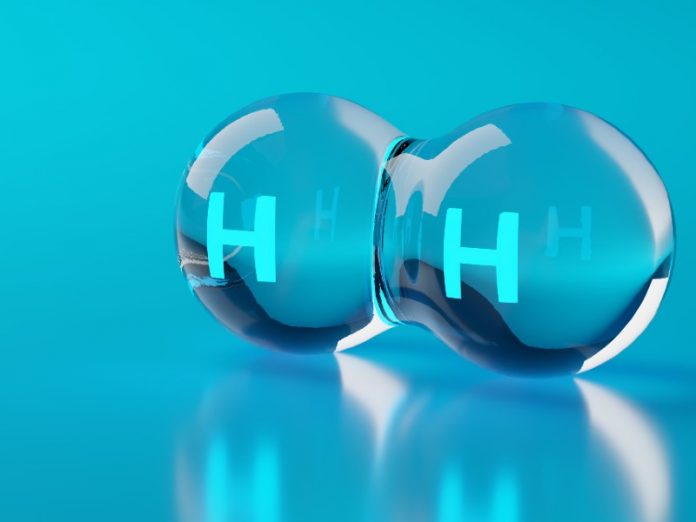
US energy company H2-Industries is to develop a green hydrogen hub for the Suez Canal Economic Zone in Egypt that uses organic waste as feedstock.
If completed, the 1GW LOHC hydrogen hub at East Port-Said would be the first project of its kind in the world. H2-Industries said in a press release they would create green hydrogen using proprietary technologies using organic wastes as feedstock for energy production.
At the same time, the project would capture CO2 and commercialise it, achieving carbon neutrality.
The energy company says they have created a process to create large amounts of green H2 from organic waste at competitive prices. This includes using plastic and agricultural waste as well as sewage sludge to create the H2 molecule.
The H2 can then be transported in a “carrier fluid” referred to as LOHC (liquid organic hydrogen carrier), which can be transported in storage tanks much like diesel. The waste heat from the H2-Industries process will be used to generate power with steam turbines and generators.
H2-Industries has received preliminary approval from the General Authority for the Suez Canal Economic Zone to develop the plant which will be fed with up to 4 million tons of organic waste and non-recyclable plastic a year, secured at the Mediterranean entrance to the Canal.
The Suez Project would then produce up to 300,000 tons of green H2 annually, at what the company says would be half the levelised cost of current green hydrogen production technologies.
Michael Stusch, H2-Industries executive chairman/CEO, called the project an exciting opportunity that would valorise tons of waste collected in Egypt.
“The Waste-to-Hydrogen plant is a breakthrough in making green hydrogen economically viable, helping not only reduce global CO2 emissions but also reducing the pollution and impairment of water resources in the country.”











